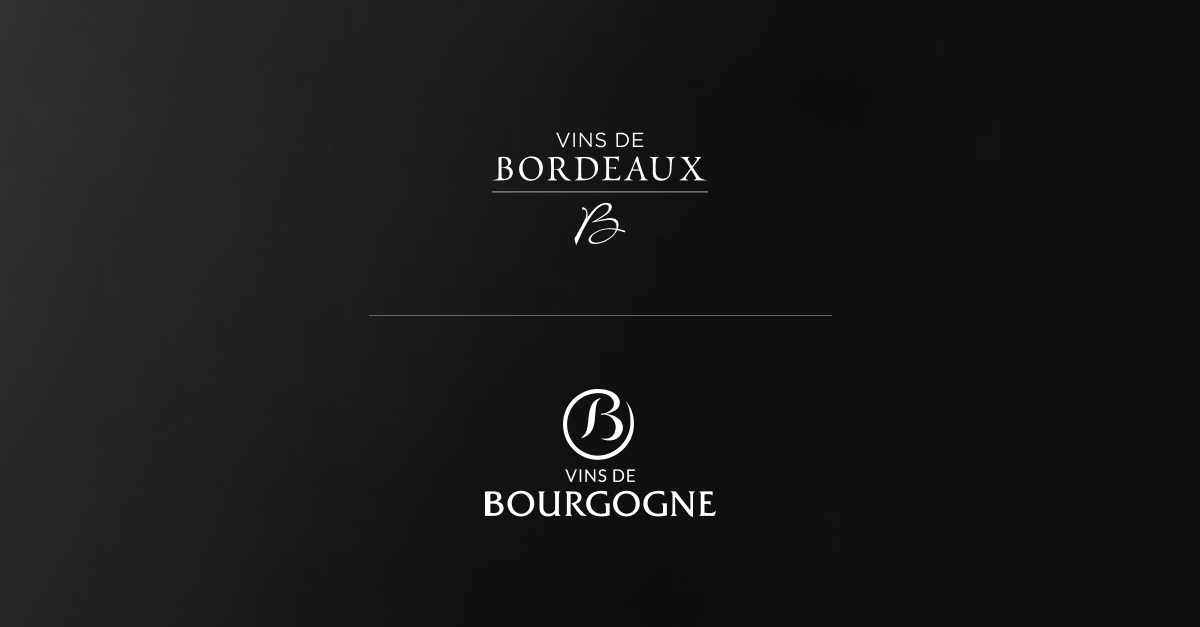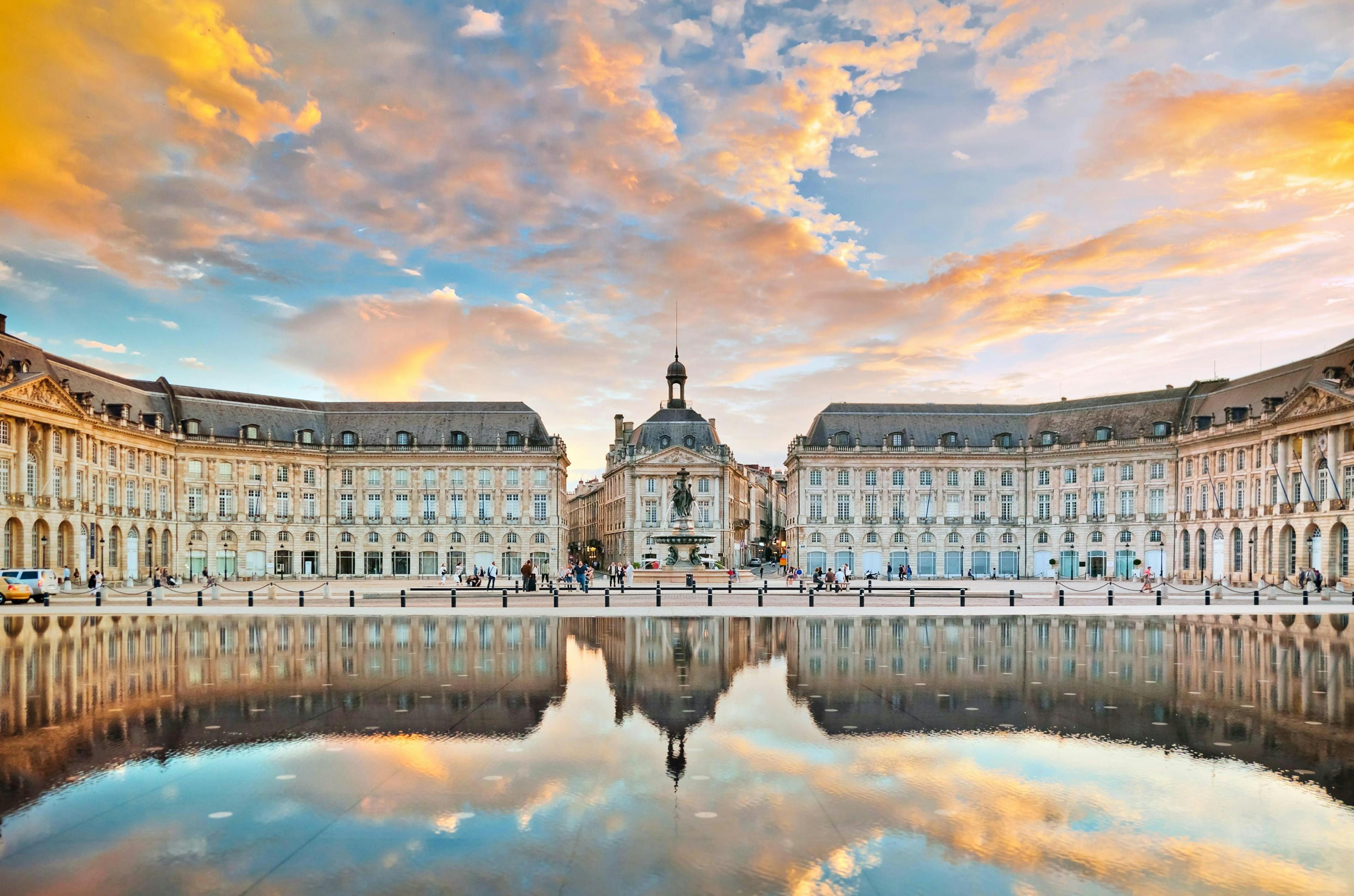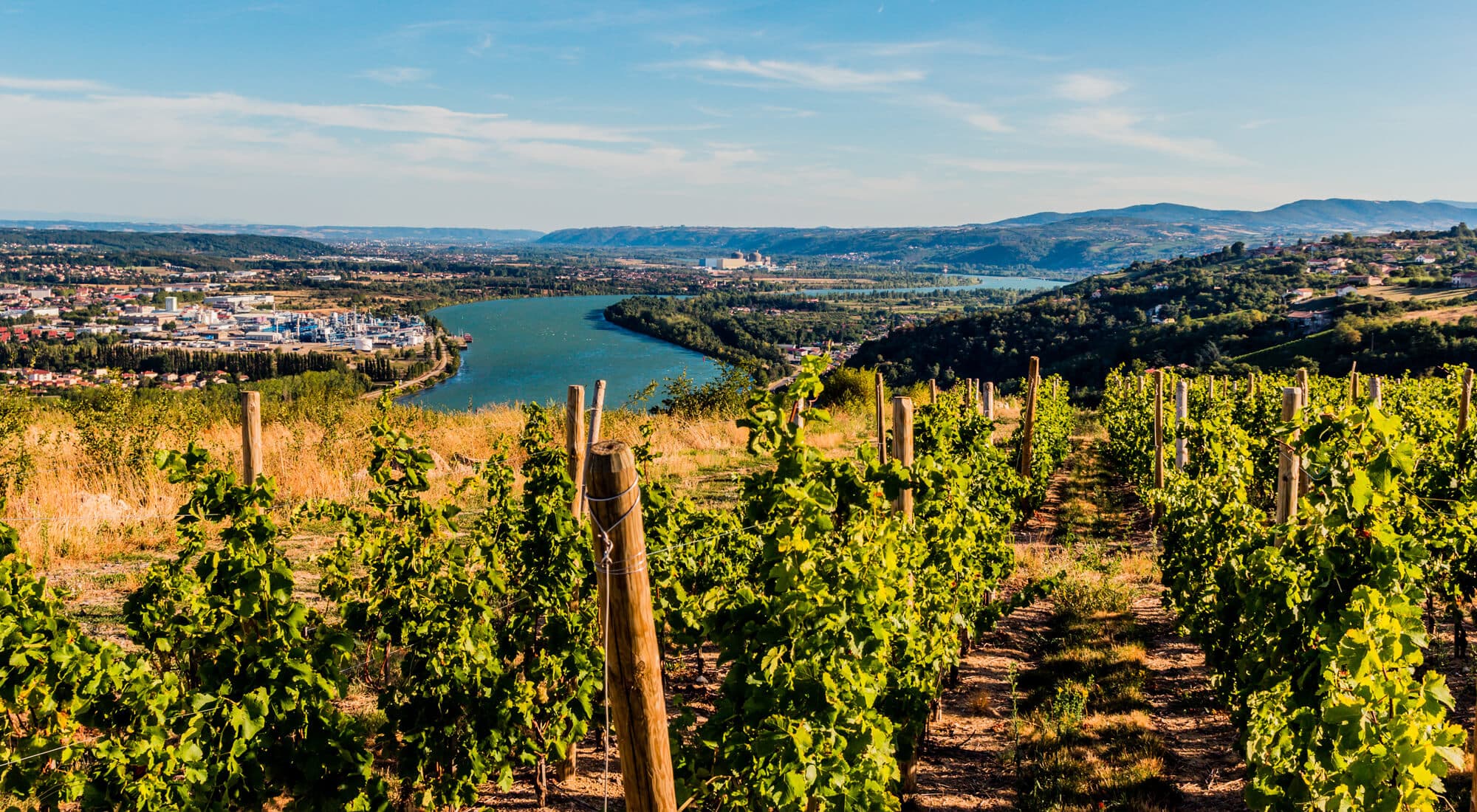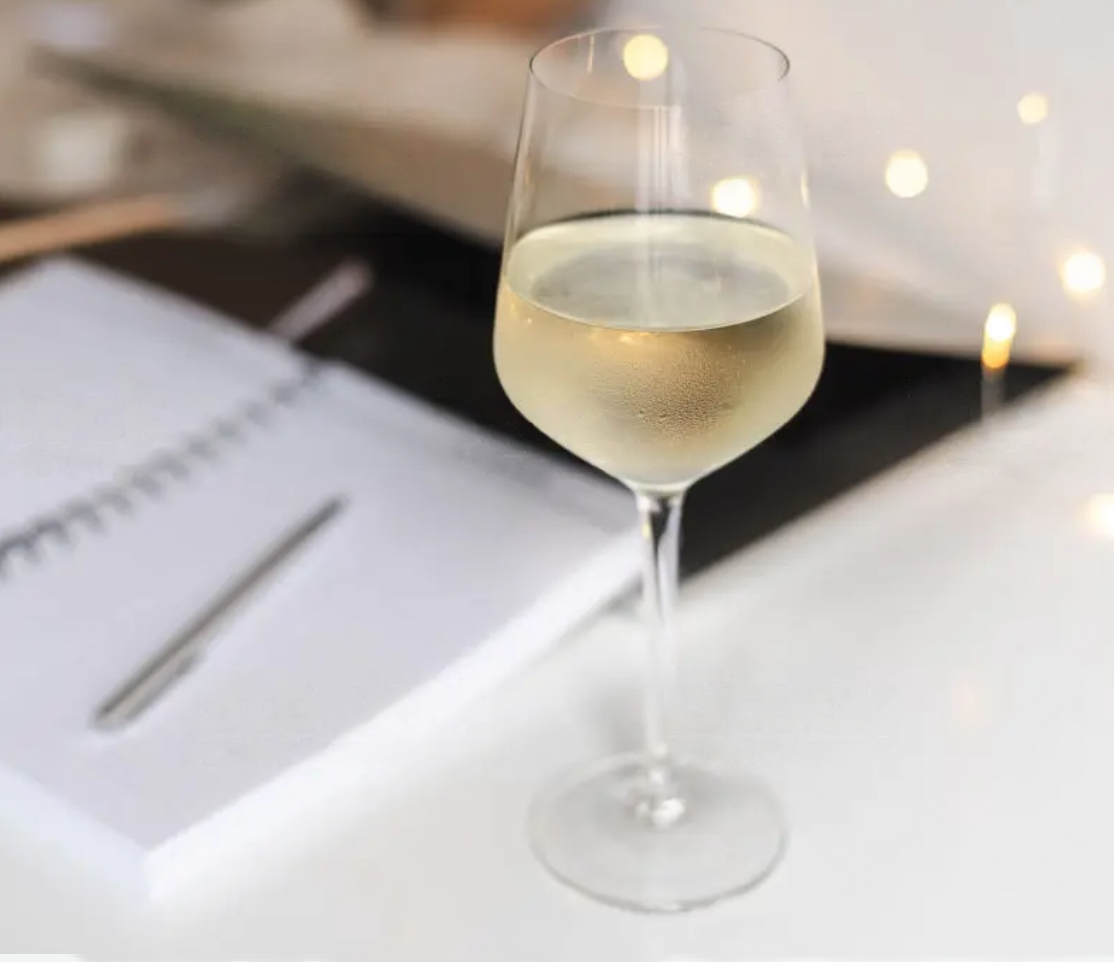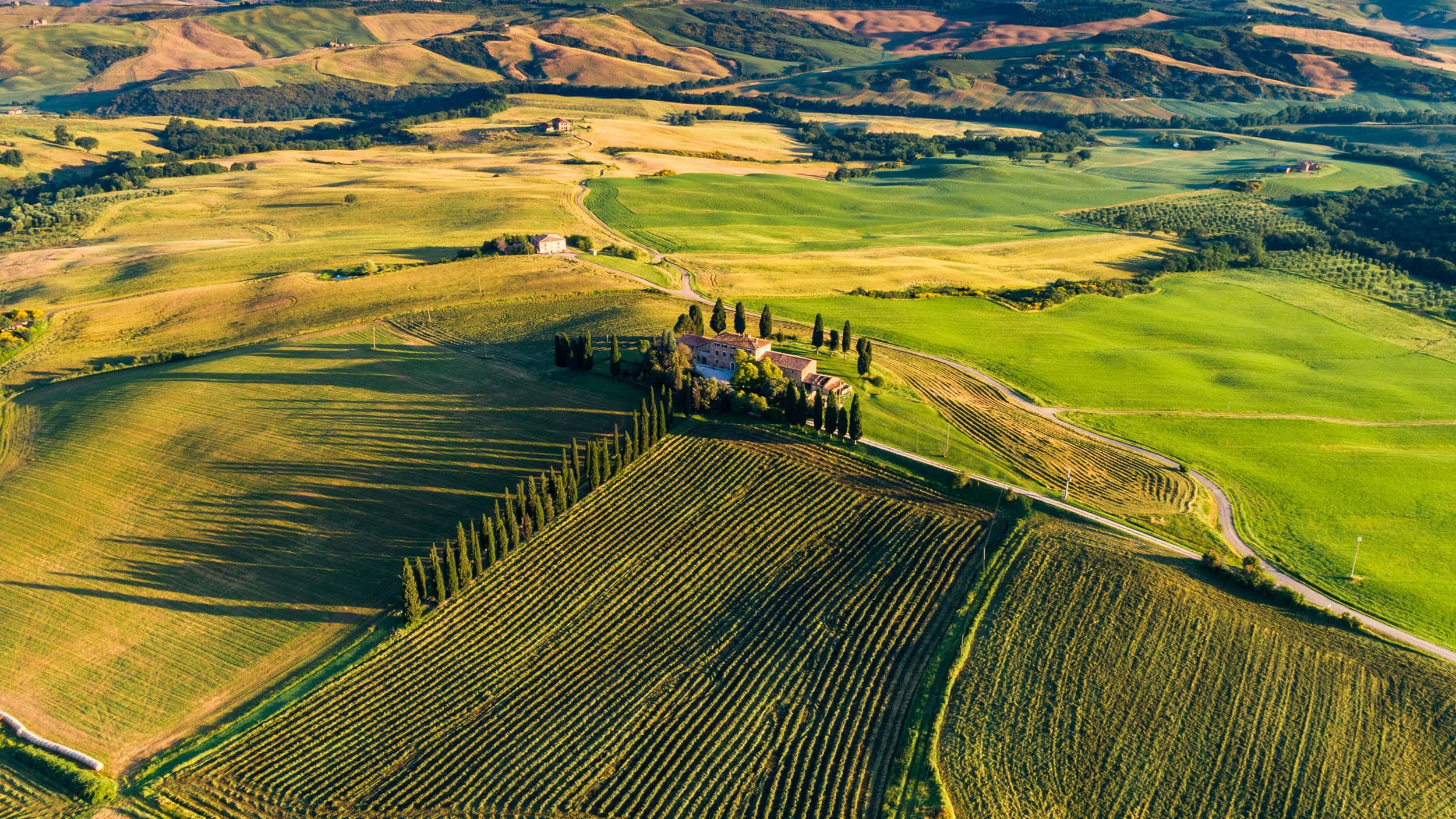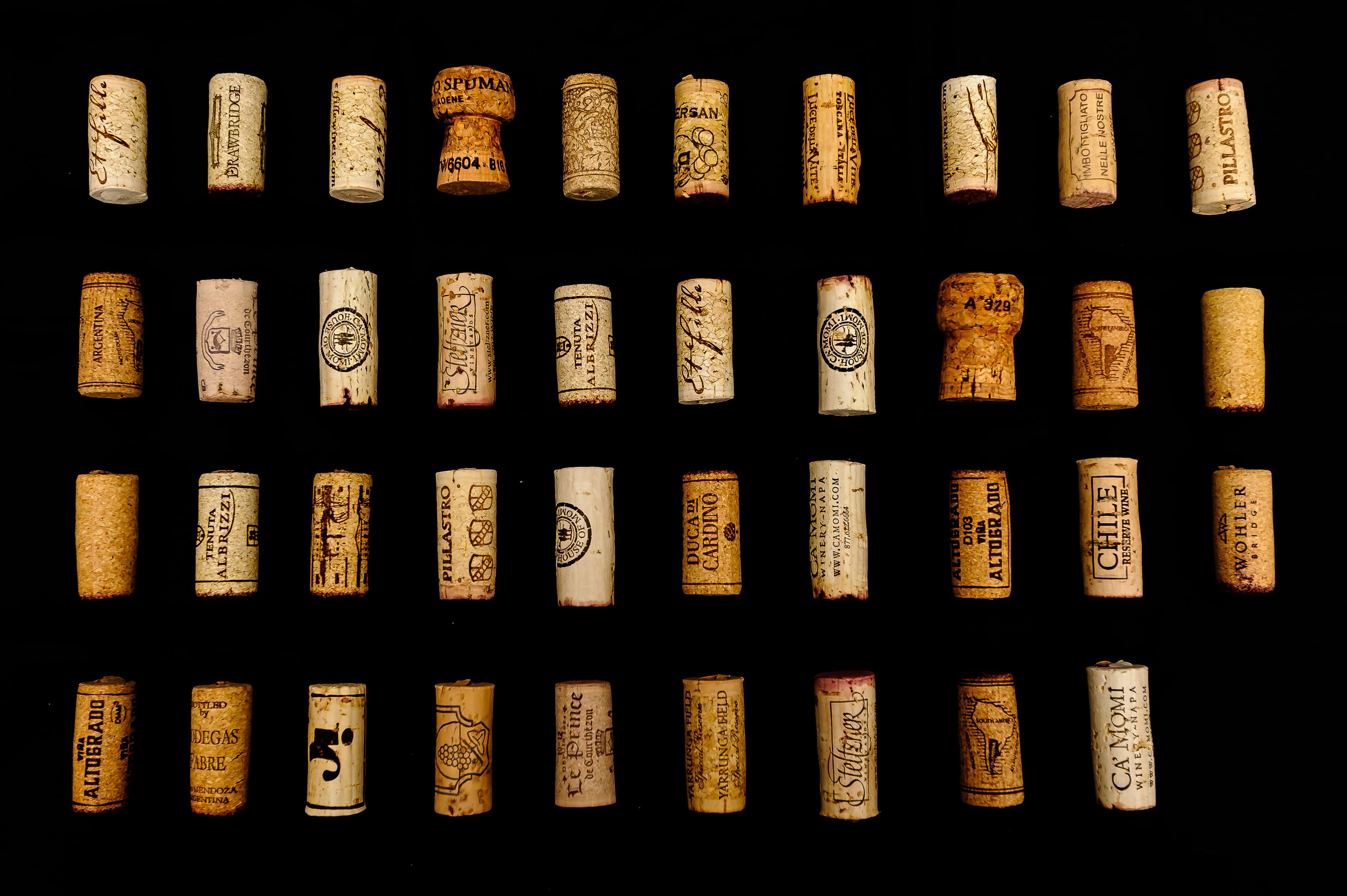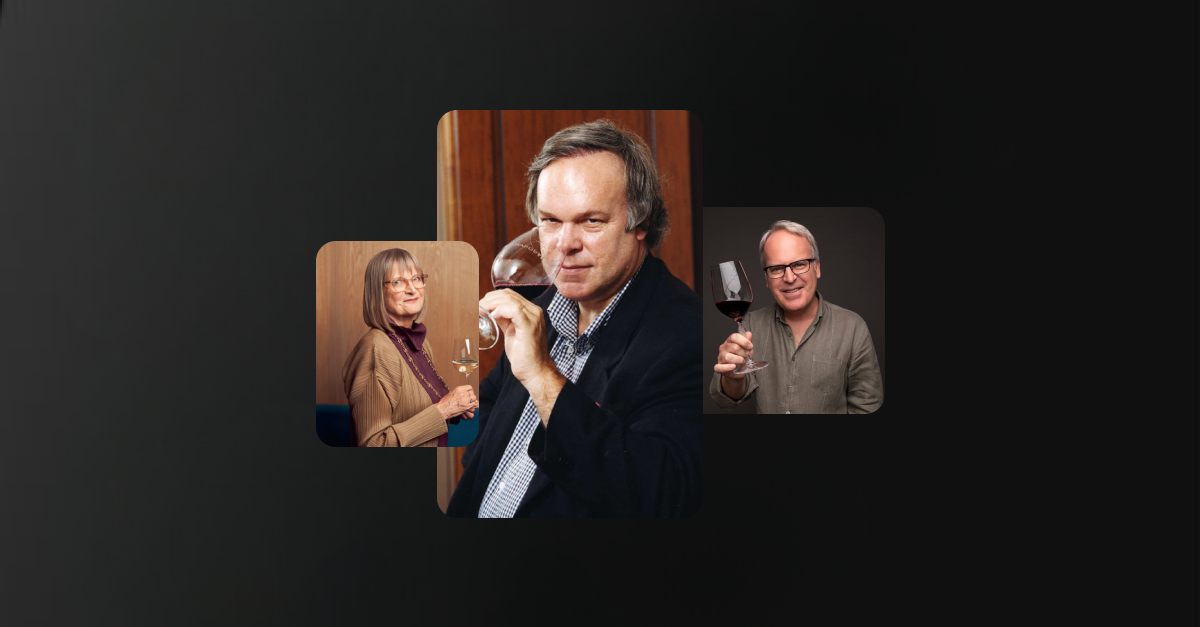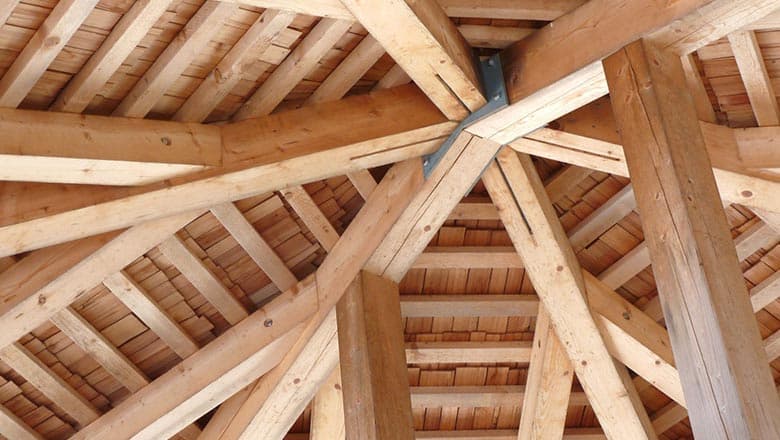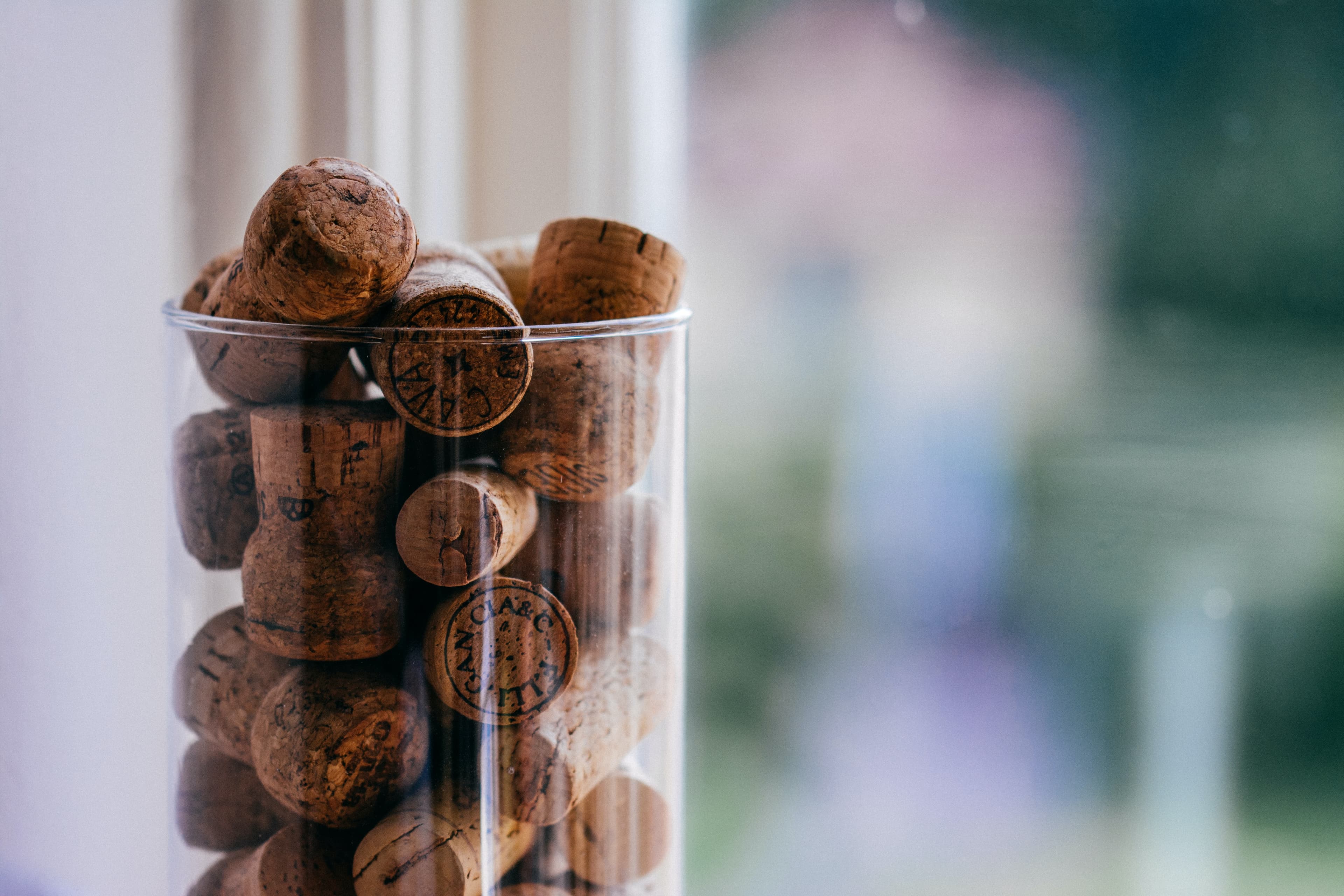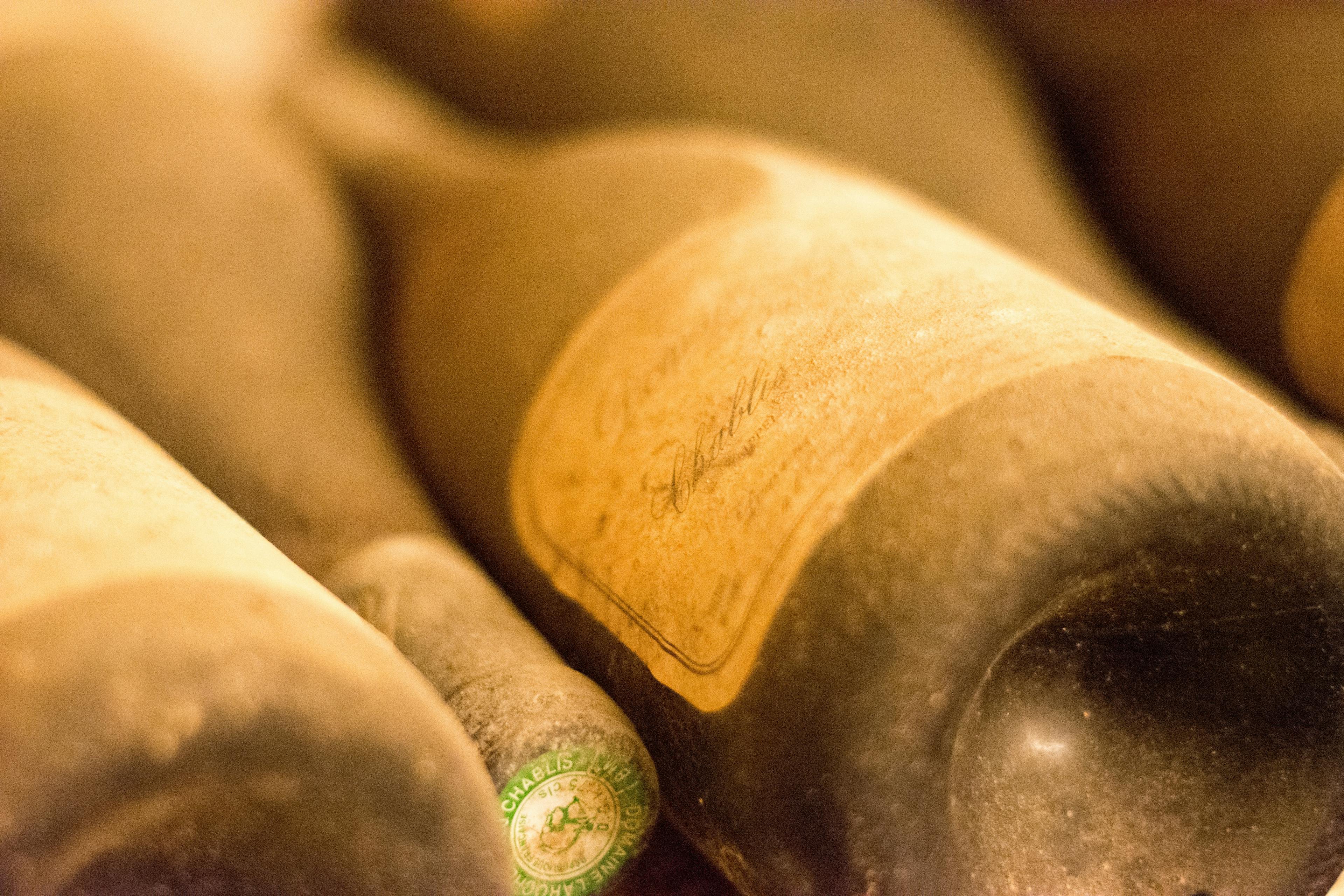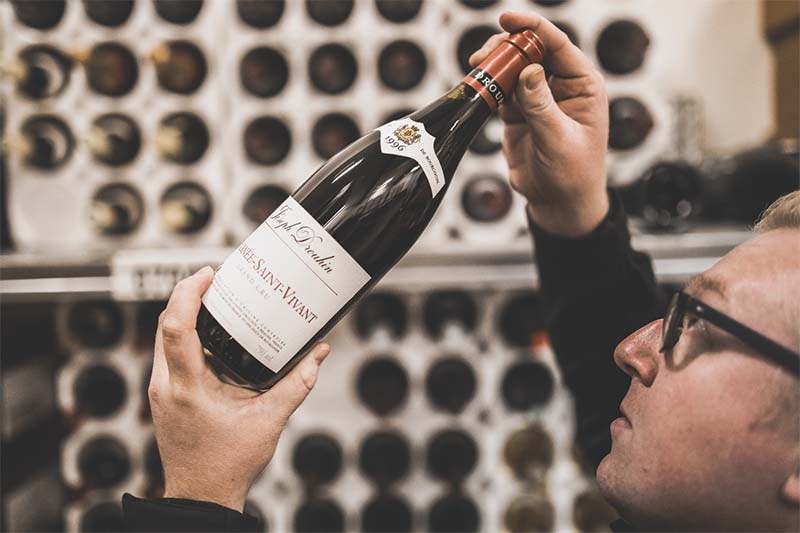What is the History Behind Domaine Leflaive?
12 min read
Head of Content

Discover the storied past of Domaine Leflaive, a name synonymous with excellence in the world of wine. Nestled in the heart of Burgundy, France, this esteemed winery has carved a niche for itself with its dedication to quality and innovation. The history of Domaine Leflaive is not just about winemaking; it's a fascinating journey through time, reflecting the evolution of viticulture and the enduring passion of the Leflaive family. From its early beginnings to its current status as a leader in biodynamic farming, the winery's legacy is as rich as the wines it produces. Join us as we delve into the captivating history that has shaped this iconic vineyard.
The Founding of Domaine Leflaive: Key Dates and Figures
Domaine Leflaive, established in the early 20th century, has a rich history marked by significant dates and influential figures. In 1920, Joseph Leflaive laid the foundation for what would become one of Burgundy's most esteemed wineries. His engineering background and passion for wine drove him to meticulously replant the vineyards with superior quality vines, focusing on Chardonnay in Puligny-Montrachet.
By 1990, under the stewardship of Anne-Claude Leflaive, the estate pioneered biodynamic farming practices in Burgundy, enhancing both the sustainability of the vineyards and the quality of the wine. This shift not only preserved the ecological balance but also improved the grapes' expression of terroir.
Today, Domaine Leflaive is celebrated not just for its exceptional wines but also for its ideal food pairings. The winery's dedication to quality and innovation continues to influence both viticulture and viniculture, ensuring that each bottle reflects the unique characteristics of its origins.
1920: Joseph Leflaive establishes Domaine Leflaive.
1990: Transition to biodynamic farming under Anne-Claude Leflaive.
Present: The winery remains a leader in both quality production and environmental stewardship.
The Evolution of Winemaking at Domaine Leflaive
Domaine Leflaive, a name synonymous with excellence in Burgundy, has undergone significant transformations in its winemaking processes over the decades. Initially, the focus was primarily on basic viticulture, but with the advent of new technologies and methodologies, the estate has embraced a more sophisticated approach to vineyard management and wine production.
Under the stewardship of the Leflaive family, the winery began to implement biodynamic farming techniques in the 1990s. This shift not only enhanced the quality of the grapes but also ensured that the vineyards were treated with the utmost respect for the environment. The introduction of these practices marked a pivotal moment in the estate's history, setting a standard for organic farming in the region.
The winery's commitment to excellence is evident in every bottle produced. By meticulously selecting the finest grapes and employing a combination of traditional and modern techniques, Domaine Leflaive ensures that each vintage captures the unique terroir of their vineyards. Wine enthusiasts around the world have been enjoying these exceptional wines, noting their complexity and depth.
Introduction of biodynamic practices
Focus on environmental sustainability
Combination of traditional and innovative methods
These elements collectively contribute to the esteemed reputation that Domaine Leflaive enjoys today, making it a beacon of quality and innovation in the wine industry.
Notable Personalities in the History of Domaine Leflaive
Domaine Leflaive, a prestigious winery in Burgundy, France, has been shaped significantly by several key figures. Anne-Claude Leflaive, who managed the estate from 1990 until her death in 2015, was pivotal in transitioning the vineyard towards biodynamic farming practices. Her dedication not only enhanced the vineyard's sustainability but also its global reputation for quality and craftsmanship.
Joseph Leflaive, the founder, rebuilt the family's vineyard holdings in the early 20th century. His engineering background from École Centrale Paris enabled him to innovate in vine cultivation and wine production, setting high standards that are still honored today.
Vincent Leflaive, another influential figure, expanded the estate and solidified its reputation in the international wine market during the mid-1900s. His efforts ensured that the wines of Domaine Leflaive found their place on tables around the world.
Anne-Claude's leadership in biodynamics
Joseph's innovative approach to viticulture
Vincent's expansion and marketing prowess
These personalities collectively fostered a legacy of excellence that continues to influence the wine industry profoundly.
Domaine Leflaive During the World Wars
During the tumultuous periods of the World Wars, Domaine Leflaive faced numerous challenges that shaped its operations and legacy. The estate, located in the heart of Burgundy, was not immune to the hardships imposed by global conflict. Initially, the vineyard's activities were severely disrupted. Many workers enlisted, leaving the vines untended and the production capacities diminished.
However, resilience became a key theme for Domaine Leflaive during these trying times. The family behind the vineyard, led by Joseph Leflaive, adapted by focusing on maintaining the quality of their limited production. They implemented innovative agricultural practices, such as adopting biodynamic farming methods, which were quite progressive for that era.
Resource Allocation: The vineyard prioritized essential resources for vine maintenance, ensuring the survival of their oldest and most valuable vines.
Community Support: Domaine Leflaive aided the local community by providing employment and support, strengthening ties and building loyalty that would last for generations.
Quality Over Quantity: Despite lower yields, the focus remained on producing wines that reflected the unique terroir, enhancing the taste and complexity of their offerings.
These strategies not only helped them endure the economic and social upheavals during the wars but also set a foundation for future prosperity.
Technological Advancements Adopted by Domaine Leflaive
Domaine Leflaive has consistently embraced technological advancements to enhance the quality of their wines. This prestigious Burgundy winery was among the first to adopt biodynamic farming practices in the 1990s, a method that significantly impacts the characteristics of their wine by promoting greater biodiversity in the vineyard. This approach not only improves soil health but also helps in expressing the true terroir of their vineyards.
Additionally, Domaine Leflaive utilizes state-of-the-art technology in their cellars. They have implemented advanced temperature-controlled fermentation tanks, which allow for precise management of the winemaking process. This precision ensures that each vintage can reach its highest potential. Moreover, the winery has invested in sophisticated bottling lines that are designed to preserve the purity and integrity of the wine from barrel to bottle.
Biodynamic farming to enhance biodiversity and soil health
Temperature-controlled fermentation for precise process management
Advanced bottling technology to maintain wine integrity
These innovations ensure that Domaine Leflaive remains at the forefront of quality wine production in Burgundy.
The Transition to Biodynamic Practices at Domaine Leflaive
Domaine Leflaive, a prestigious winery in Burgundy, France, began its transition to biodynamic practices in 1990 under the guidance of Anne-Claude Leflaive. Recognizing the potential for these methods to enhance soil health and grape quality, Anne-Claude became a pioneering force in the biodynamic wine movement. This shift was not merely a change in farming techniques but a holistic approach that involved a deep understanding of the interconnections within the vineyard ecosystem.
Soil Treatment: The estate started using natural composts and preparations made from fermented manure, herbs, and minerals. These applications aimed to invigorate the soil's microbial life and improve its structure.
Pest Management: Instead of relying on synthetic pesticides, Domaine Leflaive employed natural predators and biodiversity to control pest populations. This method supports a balanced vineyard environment.
Vine Care: Pruning and canopy management were adapted to respect the natural growth cycles of the vines, promoting healthier, more resilient plants.
The results of these biodynamic practices were evident in the improved quality of the grapes and the distinctiveness of the wines produced. For those looking to store Domaine Leflaive wines, it's crucial to maintain conditions that reflect the care and attention given to their cultivation and production.
Historical Challenges Faced by Domaine Leflaive
Domaine Leflaive, a prestigious winery in Burgundy, France, has faced numerous challenges throughout its history. Initially, the winery struggled with the phylloxera epidemic in the late 19th century, which devastated many vineyards across Europe. This crisis forced the estate to replant their vines with phylloxera-resistant rootstocks, a costly and labor-intensive process.
During World War II, the region faced significant hardships due to occupation forces and the disruption of wine markets. Domaine Leflaive had to navigate these turbulent times while maintaining the quality of their wines. Post-war economic instability further complicated recovery, impacting export markets and financial stability.
In more recent times, the winery has had to adapt to the challenges posed by climate change. Unpredictable weather patterns, including unexpected frosts and heatwaves, have threatened the delicate balance required to produce their popular vintages. These environmental factors necessitate innovative vineyard management techniques to preserve the integrity of their wine.
Phylloxera epidemic necessitated vine replanting
WWII and economic instability impacted operations
Climate change requires adaptive strategies
Each of these historical challenges has shaped Domaine Leflaive, influencing both their cultivation practices and their enduring legacy in the wine industry.
Domaine Leflaive's Role in the Global Wine Market
Domaine Leflaive has significantly influenced the global wine market, particularly through its exceptional Burgundy wines. This prestigious vineyard is renowned for its dedication to biodynamic practices, which has set a standard in sustainable viticulture. By focusing on organic methods, Domaine Leflaive not only preserves the purity of its terroir but also enhances the quality of its wines, making them highly sought after worldwide.
Market Leadership: As a pioneer in biodynamic farming, Domaine Leflaive has inspired numerous vineyards across the globe to adopt similar practices, thereby elevating the overall approach to environmentally conscious wine production.
Innovation in Wine Making: The introduction of cutting-edge techniques in both the vineyard and the cellar has allowed Domaine Leflaive to consistently produce wines of extraordinary quality and complexity.
Educational Impact: Through workshops and seminars, the estate educates wine professionals and enthusiasts on the benefits of biodynamic methods, significantly influencing wine production standards globally.
For those looking to experience the best of Domaine Leflaive's offerings, understanding how to properly serve these wines can greatly enhance the tasting experience.
Restoration and Preservation Efforts at Domaine Leflaive
Domaine Leflaive, a prestigious winery in Burgundy, France, has undergone significant restoration and preservation efforts to maintain its historical integrity and continue its tradition of producing world-class wines. These initiatives ensure that the vineyard's heritage is not only preserved but also enhanced for future generations.
Building Restoration: The main buildings, some of which date back to the 17th century, have been carefully restored using traditional materials and techniques. This approach respects the original architecture while incorporating modern necessities.
Vineyard Rehabilitation: The vineyards themselves have seen substantial rejuvenation. Old vines have been replanted with careful attention to maintaining the genetic diversity that is characteristic of the region, which is crucial for preserving the unique flavor profiles of their wines.
Sustainable Practices: Embracing sustainability, the estate has implemented organic and biodynamic farming practices. These methods reduce the environmental impact and improve the soil's health, which is vital for the longevity of the vineyard.
Historical Research: To ensure accuracy in restoration, extensive historical research was conducted. This research helps in making informed decisions that align with the estate's long-standing traditions.
For more detailed facts, including specific projects and their impacts, the estate's commitment to preserving its rich history is evident in every aspect of its operations.
How Domaine Leflaive Has Shaped the Burgundy Wine Region
Domaine Leflaive, a venerable name in Burgundy, has significantly influenced the wine culture and production standards in the region. Established in 1717, this Puligny-Montrachet-based winery has been pivotal in elevating the status of white wines, particularly those made from Chardonnay grapes. Under the stewardship of Joseph Leflaive, the estate expanded during the early 20th century, acquiring prime vineyards that were instrumental in producing high-quality wines.
The winery's commitment to biodynamic farming practices, initiated in 1997, set a benchmark for sustainable viticulture in Burgundy. These eco-friendly methods have encouraged a richer biodiversity in the vineyards, promoting healthier soil and vines, which in turn enhance the complexity and terroir expression of their wines. Domaine Leflaive's focus on low-intervention winemaking techniques has also inspired other local vintners to adopt similar practices, fostering a movement towards natural wine production across the region.
Moreover, the leadership roles held by women in the Leflaive family, particularly Anne-Claude Leflaive, have been instrumental in breaking gender barriers in a traditionally male-dominated industry. This progressive approach not only shaped the winery’s ethos but also influenced the broader community, encouraging more inclusive and diverse participation in wine production.
Conclusion
Domaine Leflaive, with its rich history and commitment to quality, stands as a beacon of excellence in the world of fine wines. Established in the early 20th century in Burgundy, France, this esteemed winery has been at the forefront of biodynamic viticulture, emphasizing a deep respect for the land and sustainable practices. Over the years, Domaine Leflaive has not only contributed to the prestige of Burgundian wines but has also set standards in winemaking that many aspire to emulate.
As we reflect on the storied past of Domaine Leflaive, it's clear that the legacy of this vineyard is not just about the exceptional wines produced but also about the impact it has had on the wine industry at large. For enthusiasts and collectors, the allure of Domaine Leflaive's offerings is undeniable. Each bottle tells a story of meticulous craftsmanship and the rich terroir of Burgundy.
At Rekolt, we recognize the importance of such storied wines and are proud to offer them to our discerning customers. Understanding the value of proper storage and care, we also provide the option to keep your purchases in a professional cellar. This not only ensures that your wine maintains its quality and ages gracefully but also enhances its potential for future trading and resale in the market. Whether you are a seasoned collector or a new enthusiast, choosing Rekolt means embracing the full spectrum of wine investment and enjoyment, backed by our commitment to quality and service.
Share this article
